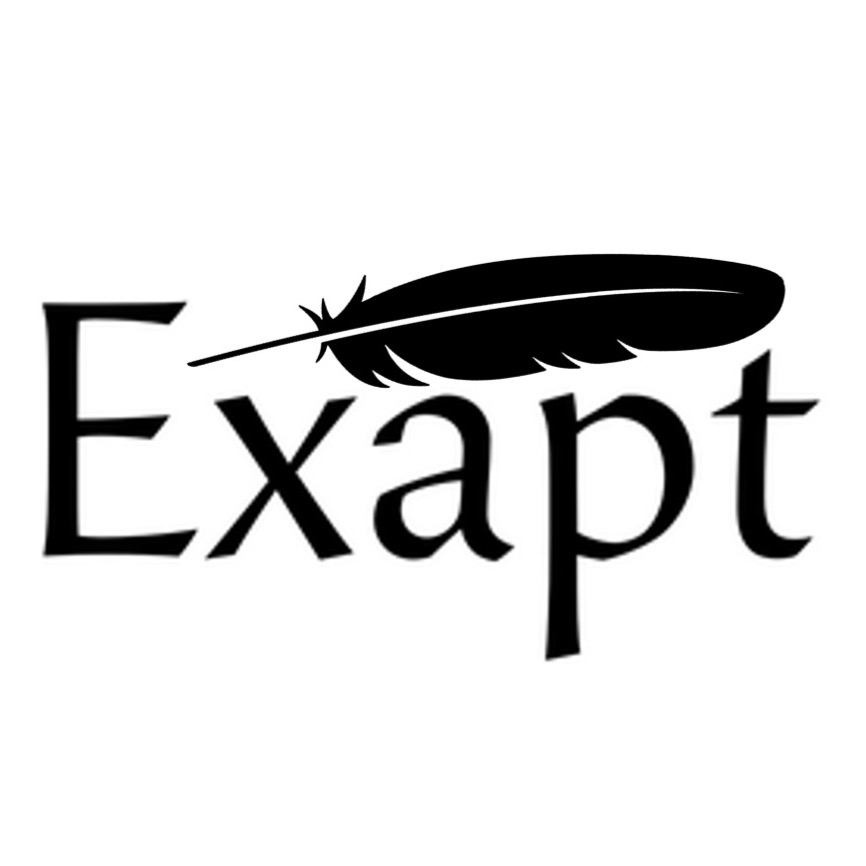Books that see the world in surprising ways so that we can change it for the better
Exapt Press publish books about systems and complexity thinking and allied trades, such as agile, lean, organisational development, service design, and co-design.
New Books
Fifty years ago The Limits to Growth changed the world.
What did we learn? What did we do? What happens now?
Limits and Beyond: 50 years on from The Limits to Growth, what did we learn and what’s next? is available from Amazon stores all over the world in paperback and ebook.
With two of the original authors, Dennis Meadows and Jorgen Randers, joined by 19 world-renowned economists, thinkers, and analysts from across the globe, cultures, and genders, Limits and Beyond asks why nothing has happened in the last 50 years and what are the different ways of seeing and being that will set us back on the right track?
Can we stop collapse? Can we save ourselves and the planet?
The audiobook of Essential Balances: Stop Looking and Start Seeing What Makes Organizations Work has been released. Start listening with Audible (free with a trial subscription).
Or get your paperback or ebook copy of Essential Balances from Amazon. Or from your favourite store.
Find out more about Essential Balances >>
Latest Blog Posts
Campaign against Complexity
Complexity and systems thinkers need to STOP NOW!! Complexity and systems thinkers are doing more harm than good. Join the Campaign Against Complexity (CAC). Why? Complexity and systems thinkers need to put down your frameworks, scrap your models, burn your loopy...
Why does addressing counterarguments make a nonfiction book more compelling?
The reader of your book thinks you are wrong and you should agree with them ... ... for a while. It is tempting to set out your argument and leave it at that. You’ve spent a lot of time getting experience, gathering evidence, crafting the flow, and clarifying your...
Complexity is solved, so what’s next?
A startup based in a garret in Rotherham, England, has announced that they have solved complexity. Using a laptop running Ubuntu Linux, a small team of researchers, well actually a guy with a beard called Aubrey, has coded an artificial intelligence (AI) that can...






